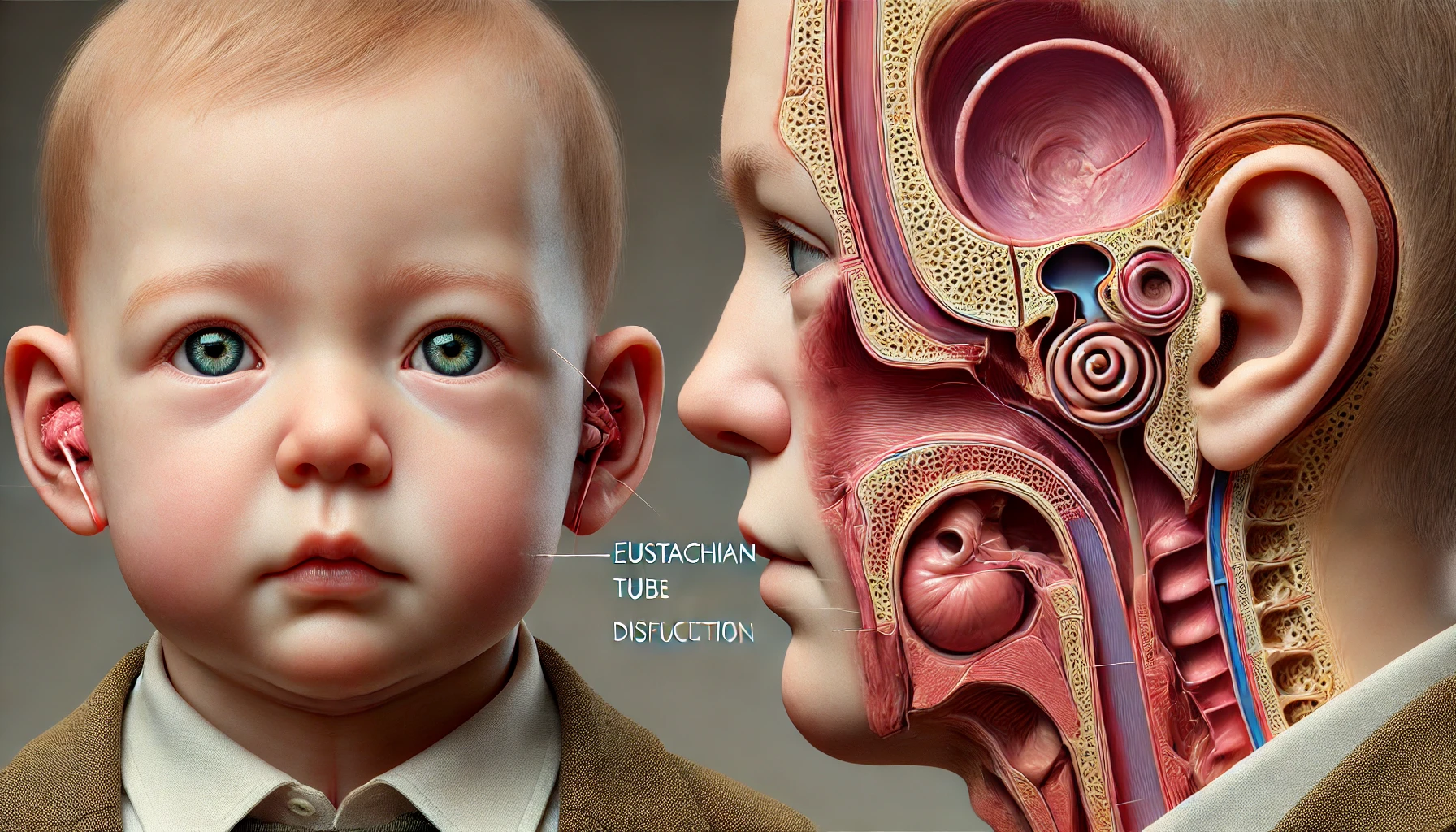If you’ve ever wondered, “can you use a leaf blower with Eustachian tube dysfunction,” you’re not alone. Eustachian tube dysfunction (ETD) can cause various issues, including ear pressure, discomfort, and hearing problems. Using loud equipment, like leaf blowers, might pose additional risks. In this article, we’ll explore whether it’s safe to use a leaf blower if you have Eustachian tube dysfunction and what precautions you should consider.
The question “can you use a leaf blower with Eustachian tubedysfunction” is crucial for anyone dealing with this condition. Understanding the potential effects of noise and pressure from leaf blowers on your ears can help you make informed decisions about yard work and other activities.
Understanding Eustachian Tube Dysfunction
Eustachian tube dysfunction occurs when the Eustachian tubes, which connect the middle ear to the back of the nose, do not open or close properly. This can lead to symptoms like ear fullness, discomfort, muffled hearing, and even pain. The condition can be exacerbated by sudden changes in air pressure, loud noises, or specific activities that impact ear health.
The Risks of Using a Leaf Blower with Eustachian Tube Dysfunction
Using a leaf blower can pose risks if you have Eustachian tube dysfunction. The high noise levels generated by leaf blowers can worsen symptoms like ear fullness and discomfort. Additionally, the vibrations and air pressure changes caused by leaf blowers might negatively affect the Eustachian tubes, leading to increased irritation or pain.
Why Noise Matters: Leaf Blowers and Ear Health
Leaf blowers are notorious for their loud noise, often exceeding safe decibel levels for prolonged exposure. For those with Eustachian tube dysfunction, this noise can be more than just a nuisance—it can exacerbate existing symptoms. Prolonged exposure to loud noises can worsen ETD, making it essential to consider alternatives or protective measures when using such equipment.
Potential Alternatives to Leaf Blowers
If you’re dealing with Eustachian tube dysfunction and are concerned about using a leaf blower, consider these quieter alternatives:
- Manual Rakes: A simple yet effective tool, rakes can help you avoid the noise and pressure associated with leaf blowers.
- Electric Leaf Vacuums: These devices are generally quieter and may pose less risk to those with ear conditions.
- Hiring Professional Services: Letting professionals handle your yard work can eliminate the need for you to use loud equipment.
Precautions to Consider
If you must use a leaf blower despite having Eustachian tube dysfunction, take these precautions to minimize potential risks:
- Wear Ear Protection: Use earplugs or noise-canceling earmuffs to reduce exposure to loud sounds.
- Limit Usage Time: Keep leaf blower use to short periods to avoid prolonged noise exposure.
- Choose Quieter Models: Opt for leaf blowers specifically designed to be quieter, as they may be less damaging to your ears.
Expert Opinions on Using Leaf Blowers with Eustachian Tube Dysfunction
Many ENT (ear, nose, and throat) specialists advise caution when using loud equipment like leaf blowers if you have Eustachian tube dysfunction. They often recommend avoiding prolonged exposure to loud noises and suggest using quieter alternatives whenever possible. According to experts, taking steps to protect your ear health can prevent worsening symptoms and ensure better management of your condition.
Conclusion
So, if you have Eustachian tube dysfunction, can you operate a leaf blower? The answer largely depends on the severity of your condition and how well you can manage noise exposure. While using a leaf blower is not entirely off-limits, it’s essential to take appropriate precautions, such as wearing ear protection and limiting exposure time. If possible, consider using alternative tools or services to maintain your yard without compromising your ear health.
By staying informed and taking proactive steps, you can safely manage Eustachian tubedysfunction while still getting your outdoor tasks done.
FAQs About “Can You Use a Leaf Blower with Eustachian Tube Dysfunction”
- Can you use a leaf blower if you have Eustachian tube dysfunction?
Yes, but with caution. Using a leaf blower can worsen symptoms due to high noise levels and pressure changes. It’s advisable to use ear protection and limit exposure time.
- What are the risks of using a leaf blower if you have Eustachian tube dysfunction?
The primary risks include worsening of ear discomfort, pressure, and potential pain due to loud noise and air pressure changes caused by the leaf blower.
- Are there quieter alternatives to leaf blowers for those with Eustachian tube dysfunction?
Yes, alternatives like manual rakes, electric leaf vacuums, or hiring professional yard services can help reduce noise exposure and protect your ears.
- How can I protect my ears while using a leaf blower with Eustachian tube dysfunction?
Wearing earplugs or noise-canceling earmuffs, choosing quieter blower models, and keeping usage time short can help protect your ears.
- Should I consult a doctor before using a leaf blower if I have Eustachian tube dysfunction?
It is advisable to check with an ENT specialist.
. They can provide personalized advice based on the severity of your condition and recommend safe practices.
- What noise level is safe for someone with Eustachian tube dysfunction?
Noise levels below 85 decibels are generally considered safe for short periods. However, it’s best to keep exposure as low as possible, especially if you have Eustachian tube dysfunction.
- Can leaf blowers cause long-term damage if I have Eustachian tube dysfunction?
Prolonged exposure to loud noises, like those from leaf blowers, can potentially lead to long-term hearing issues or worsen Eustachian tubedysfunction. It’s crucial to take protective measures to prevent damage.
- Is it better to use electric leaf blowers instead of gas-powered ones for ear health?
Electric leaf blowers tend to be quieter than gas-powered models, making them a better choice for individuals with ear conditions like Eustachian tube dysfunction.


COMMENTS